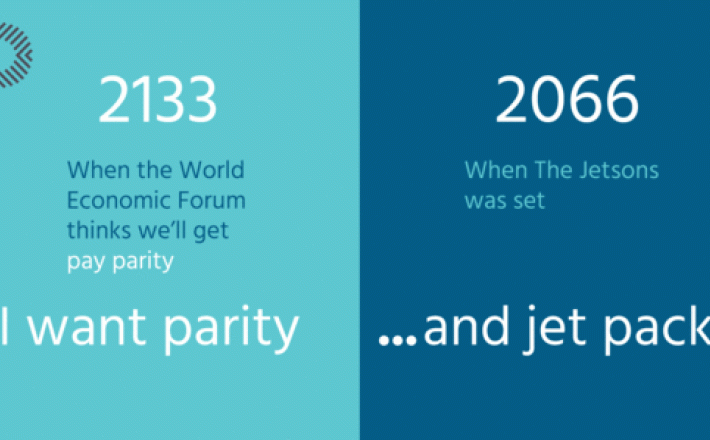Published in the Huffington Post, this new article by Emma Fulu discusses the present and future challenges for gender parity and women’s political empowerment. Starting with a discussion on the rejection that the adjective ‘feminist’ still provoke on many people, especially boys and girls, the article recognizes that the tireless work of the women’s right movement during the last decades have improved women’s rights at least in the western world. There is still a lot of work to be done when it comes to gender equality. For example, across the OECD women can expect to earn 73% of what men do. Gender-based violence is killing at least one women per week in Australia and 2 per week in the UK. Despite advances, gender equality is still far from being achieved, as the author states:
“Yes, men have started to become more engaged in parenting, but still, in almost every OECD country, women spend more time engaged in unpaid household labour, washing, preparing food and caring for sick family members. In America, women spend more than 2 hours a day on chores, compared to 82 minutes for men. Even in Finland, women spend 137 minutes each day on household duties, compared to 91 minutes for men. This is in spite of the fact that women have also increased their time spent in the workforce. Where is this time being made up? From a loss of personal or sleep time. This happens because societies assume that these tasks come naturally to, or are the responsibility of a woman. (…) But we can change this. We can all do something. On International Women's Day today, pledge to take a concrete step to help achieve gender parity more quickly, whether to help women and girls achieve their ambitions, call for gender-balanced leadership, respect and value difference, or develop more inclusive and flexible cultures. I pledge to continue my work to end violence against women and to raise my children, particularly my boys, to see vulnerability as a strength. I pledge, with my husband, to model a family where men are valued for their equal role in unpaid care work and where women equally able to be the breadwinner, if they so chose. What will you do?”
Read the full article can be accessed by following this link.

Published in the Huffington Post, this new article by Emma Fulu discusses the present and future challenges for gender parity and women’s political empowerment. Starting with a discussion on the rejection that the adjective ‘feminist’ still provoke on many people, especially boys and girls, the article recognizes that the tireless work of the women’s right movement during the last decades have improved women’s rights at least in the western world. There is still a lot of work to be done when it comes to gender equality. For example, across the OECD women can expect to earn 73% of what men do. Gender-based violence is killing at least one women per week in Australia and 2 per week in the UK. Despite advances, gender equality is still far from being achieved, as the author states:
“Yes, men have started to become more engaged in parenting, but still, in almost every OECD country, women spend more time engaged in unpaid household labour, washing, preparing food and caring for sick family members. In America, women spend more than 2 hours a day on chores, compared to 82 minutes for men. Even in Finland, women spend 137 minutes each day on household duties, compared to 91 minutes for men. This is in spite of the fact that women have also increased their time spent in the workforce. Where is this time being made up? From a loss of personal or sleep time. This happens because societies assume that these tasks come naturally to, or are the responsibility of a woman. (…) But we can change this. We can all do something. On International Women's Day today, pledge to take a concrete step to help achieve gender parity more quickly, whether to help women and girls achieve their ambitions, call for gender-balanced leadership, respect and value difference, or develop more inclusive and flexible cultures. I pledge to continue my work to end violence against women and to raise my children, particularly my boys, to see vulnerability as a strength. I pledge, with my husband, to model a family where men are valued for their equal role in unpaid care work and where women equally able to be the breadwinner, if they so chose. What will you do?”
Read the full article can be accessed by following this link.